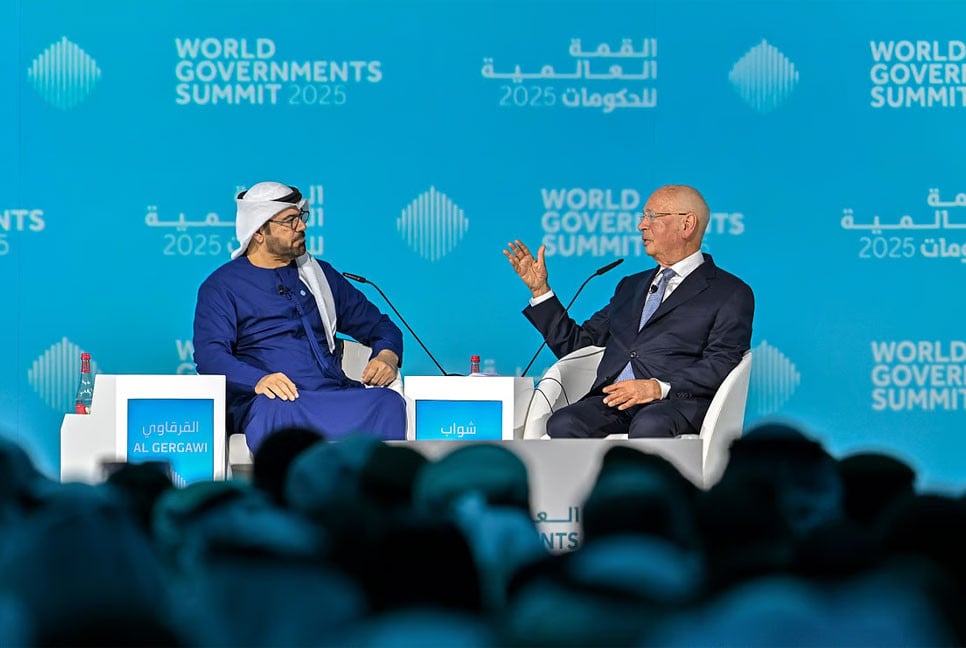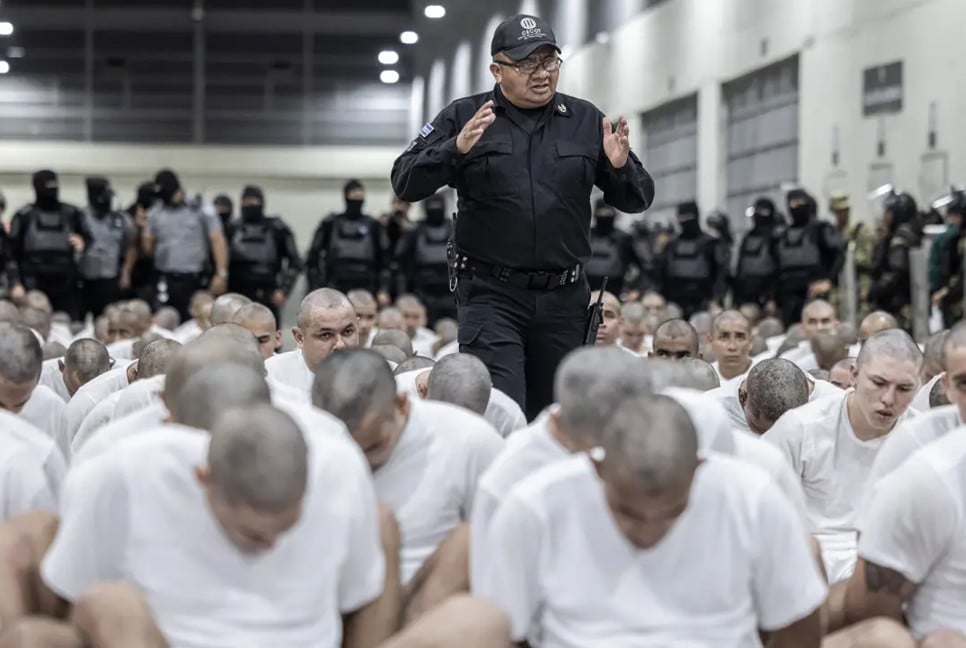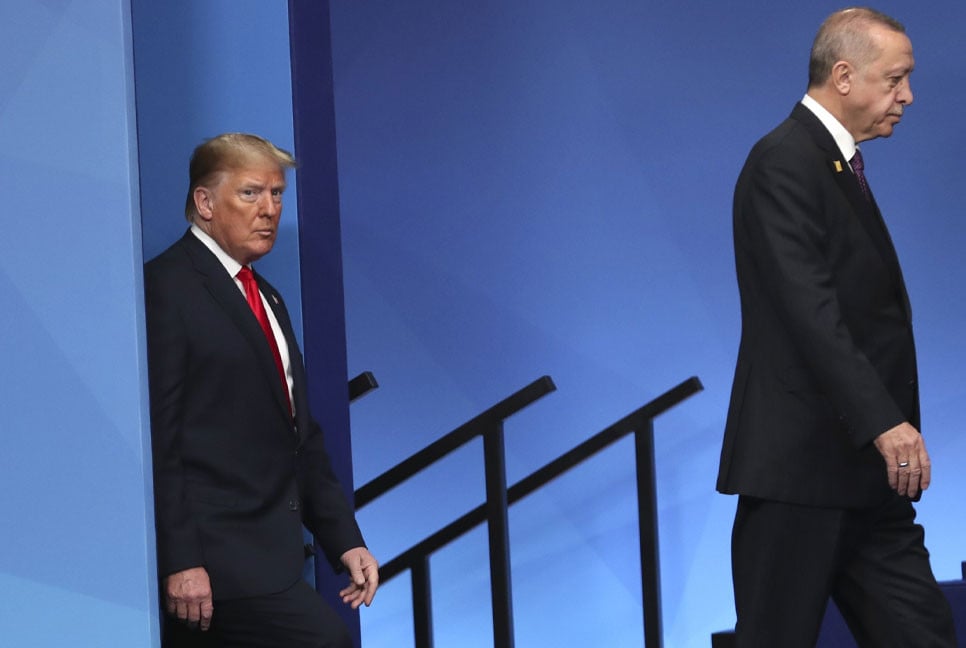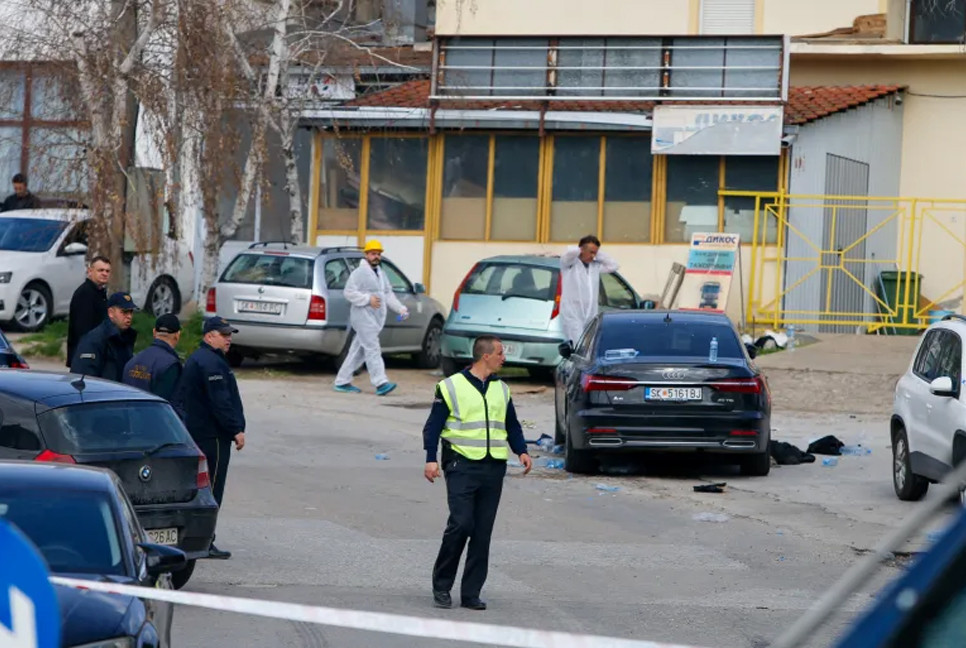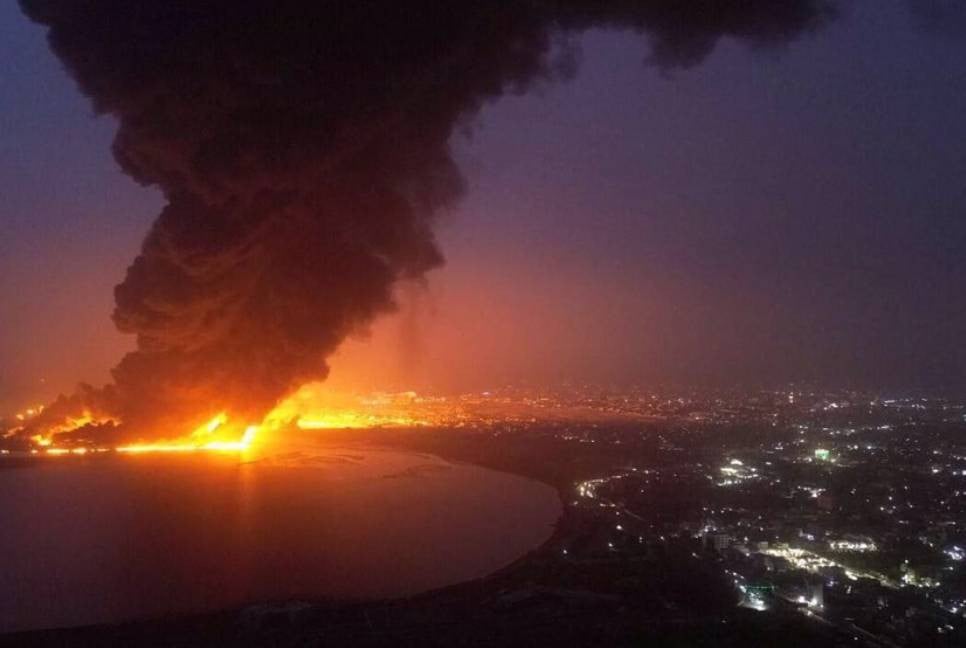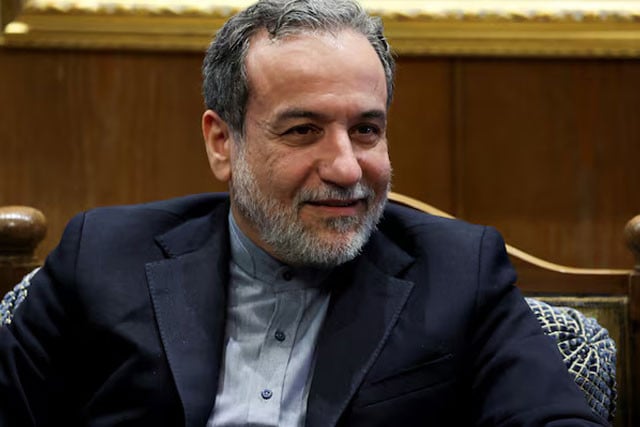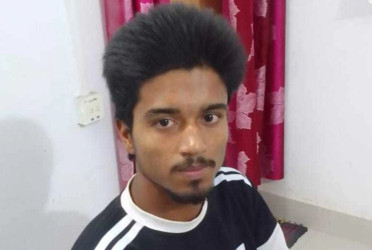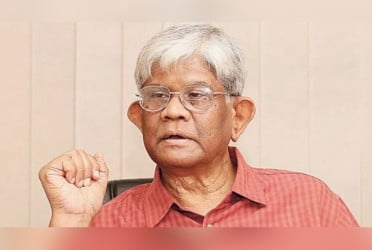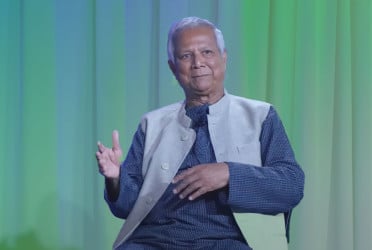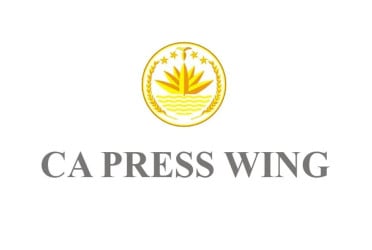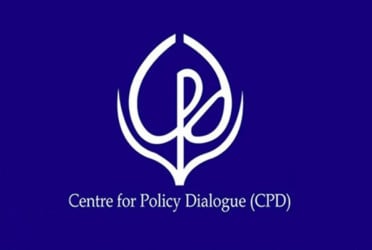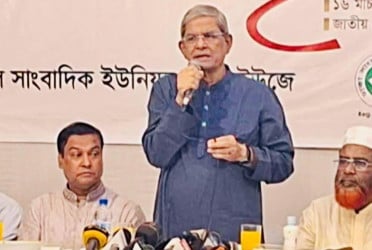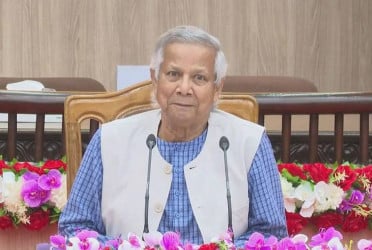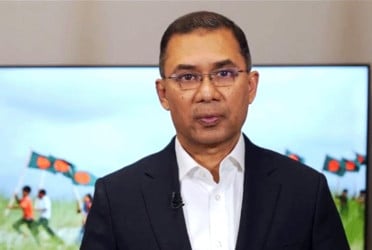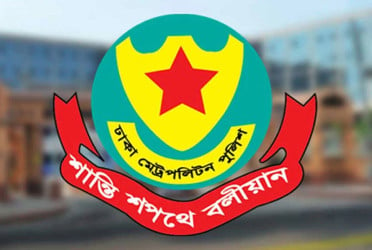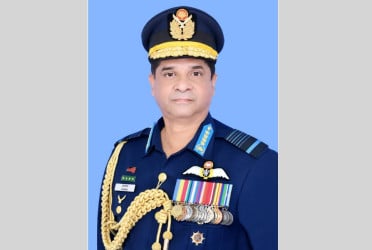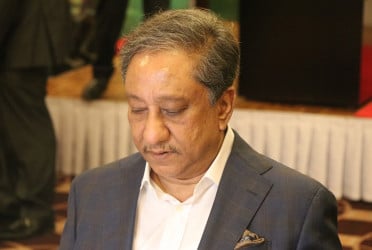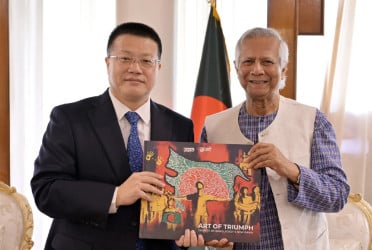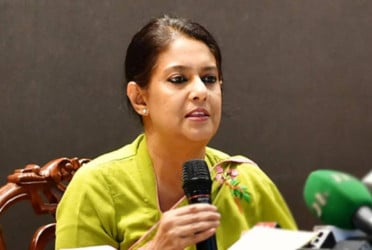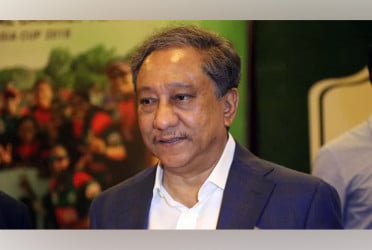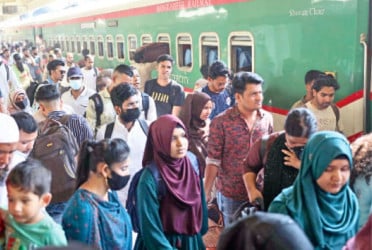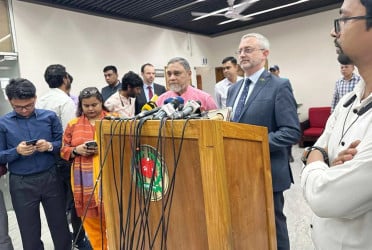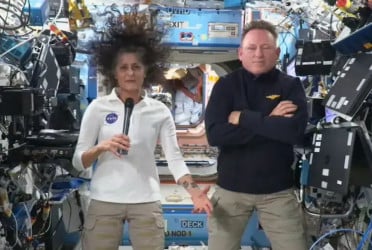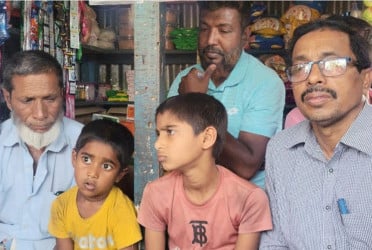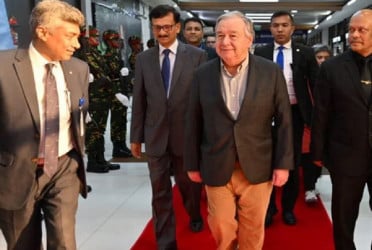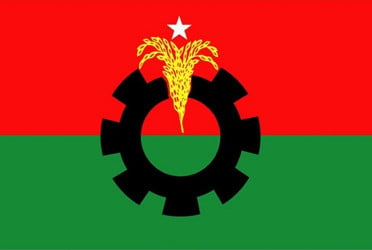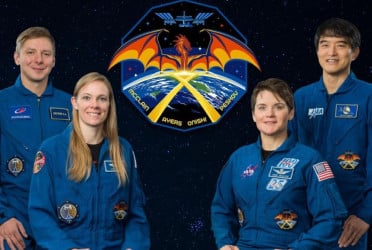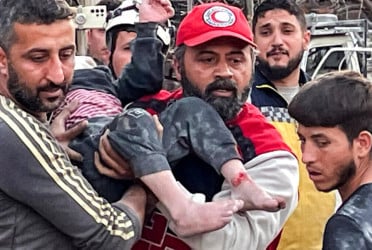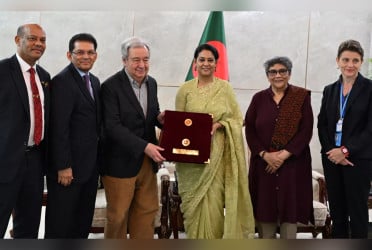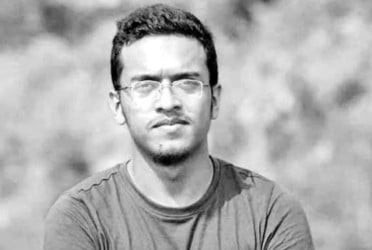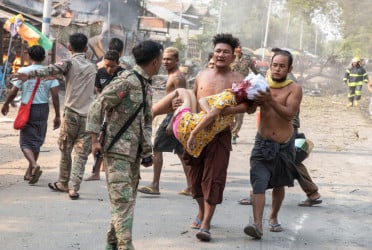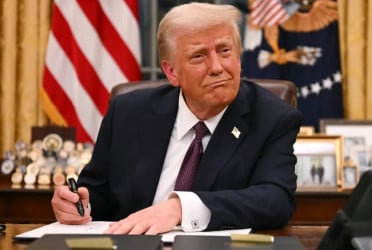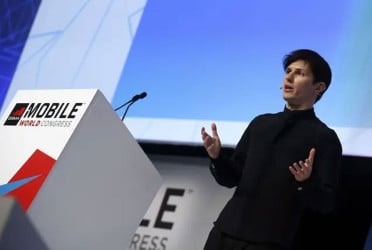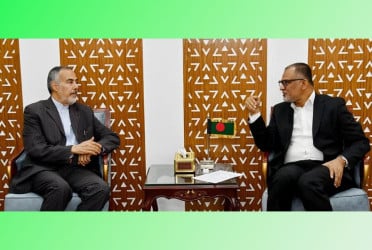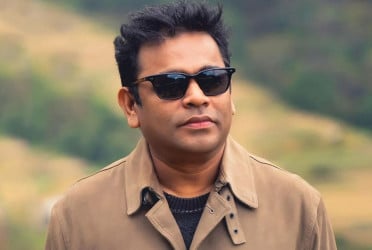The UAE’s minister of Cabinet Affairs has called on world governments to shift their focus from solving conflicts to preventing them, urging a rethink of education, economic growth, and social values in the face of rapid technological advancements, reads a Khaleej Times report.
Speaking at the World Government Summit on Tuesday, Mohammad Al Gergawi, also Chairman of the World Governments Summit Organisation, outlined a bold vision for the next 25 years, emphasizing the transformative role of AI, human augmentation, and robotics in shaping the future.
Al Gergawi questioned the relevance of traditional education models, advocating for AI-driven learning tailored to individual needs. He predicted that personalised education would expand access and opportunities worldwide.
He also highlighted the rise of human augmentation technologies, which he believes will enhance physical and cognitive abilities, driving productivity, longevity, and creativity. While these advancements bring ethical challenges, they also offer solutions to pressing global issues.
“We are transitioning from one phase to a completely different one in the history of human civilization,” he said.
Al Gergawi shared key forecasts for the next quarter-century. The world’s population is expected to reach 10 billion by 2050, with the fastest growth in Asia and Africa. This will reshape global economies, jobs, and consumption patterns.
With over 20% of the population projected to be over 60 by mid-century, governments must prepare for increased demands on healthcare, pensions, and social services. Meanwhile, the number of robots is expected to surpass 20 billion, transforming industries and redefining labor markets. The UAE’s investment in robotics and AI positions it to navigate these shifts effectively.
Despite progress in prosperity, education, and healthcare, Al Gergawi stressed that global efforts must continue to tackle extreme poverty. He noted that eradicating hunger and disease would require $800 billion annually, a sum that could be covered if the world’s 50 largest economies allocated just 1% of their GDP to humanitarian causes.
The UAE, already allocating 1.5% of its GDP to humanitarian relief, serves as a model for global leadership. “The decision is in our hands,” Al Gergawi said.
He also challenged the idea that economic growth alone defines a nation’s success. With over 200 million people suffering from mental health disorders and public trust in governments declining to just 52%, he called for a broader perspective on prosperity—one that prioritizes social stability, well-being, and trust in leadership.
Al Gergawi underscored the devastating toll of wars and conflicts, noting that over two million people have died from violence in the past 25 years, while 120 million have been displaced. Despite these staggering figures, only 4% of conflicts have ended with peace agreements.
His message was clear: diplomacy must come before war, and global efforts should focus on preventing conflicts rather than resolving them after they escalate.
“Our future does not require miracles, only a commitment to our humanitarian values,” he concluded, emphasizing that the next 25 years will bring profound changes, but wisdom and cooperation will determine the path forward.
Bd-pratidin English/ Jisan

